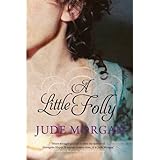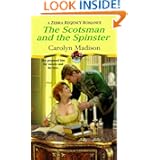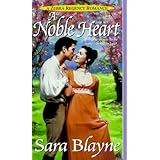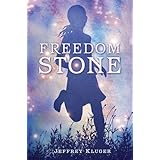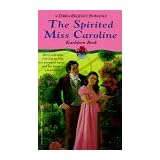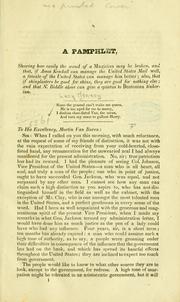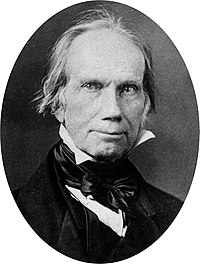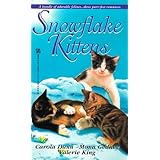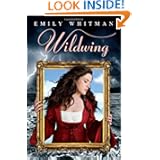What I've Read This Week . . .
The Irresistible Earl by Regina Scott -- Inspirational Regency Romance
A Little Folly by Jude Morgan -- Regency Fiction
Valentine and Louisa Carnell have lived under the iron thumb of their father their whole lives. Now he is dead and they decide it's time to start living their lives. Their first big act of "defiance" is to open the doors of their home to a party. Louisa dreads the idea of entertaining because it means she must invite the autocratic Pearce Lynley, the man her father wished her to marry. Louisa has no desire to marry Mr. Lynley but isn't quite sure how to stand up to him and tell him so. When their long-estranged cousins Tom and Sophie Spedding arrive with their friend Lady Harriet Eversholt, the lively cousins help Valentine and Louisa to find their way. The Carnells join their cousins and Lady Harriet in London for the peace celebrations where Valentine becomes infatuated with Lady Harriet, who happens to be married and slightly scandalous. Louisa worries about Valentine but knows she can count on her old friend and neighbor Mr. Tresilian for help. Louisa makes some new acquaintances and learns to spread her wings a little though some shadow of doubt and fear still remains. She enjoys the company of Mr. Lynley's brother, a wounded soldier. When Valentine finds himself in over his head, Louisa is determined to be the steadfast sister to the end, even if it means giving up her hopes and dreams for the future. Jude Morgan has really mastered style that can be described as a blend of Jane Austen and Georgette Heyer, only the humor is far more subtle and dry as opposed to laugh-out-loud funny. Some of the characters and plot incidents come directly from Jane Austen but that isn't a bad thing. The first few chapters are really slow and much of the story is told rather than experienced, so I felt a bit of detachment from the story. The characters do not leap off the page and come to life the way that Austen and Heyer's characters do. This also kept me from being engaged in the story and really caring about the characters. I was kept guessing as to who the love interest would be. I knew who I preferred but worried that Louisa would make what I considered to be a wrong choice. SPOILER AHEAD: (highlight the next line) I liked him. He reminded me of Mr. Knightly from Emma. The last quarter of the book is the most interesting and I had a hard time putting the book down. I recommend this book to fans of Morgan's other books, especially An Accomplished Woman and also those who love Jane Austen's Emma.


